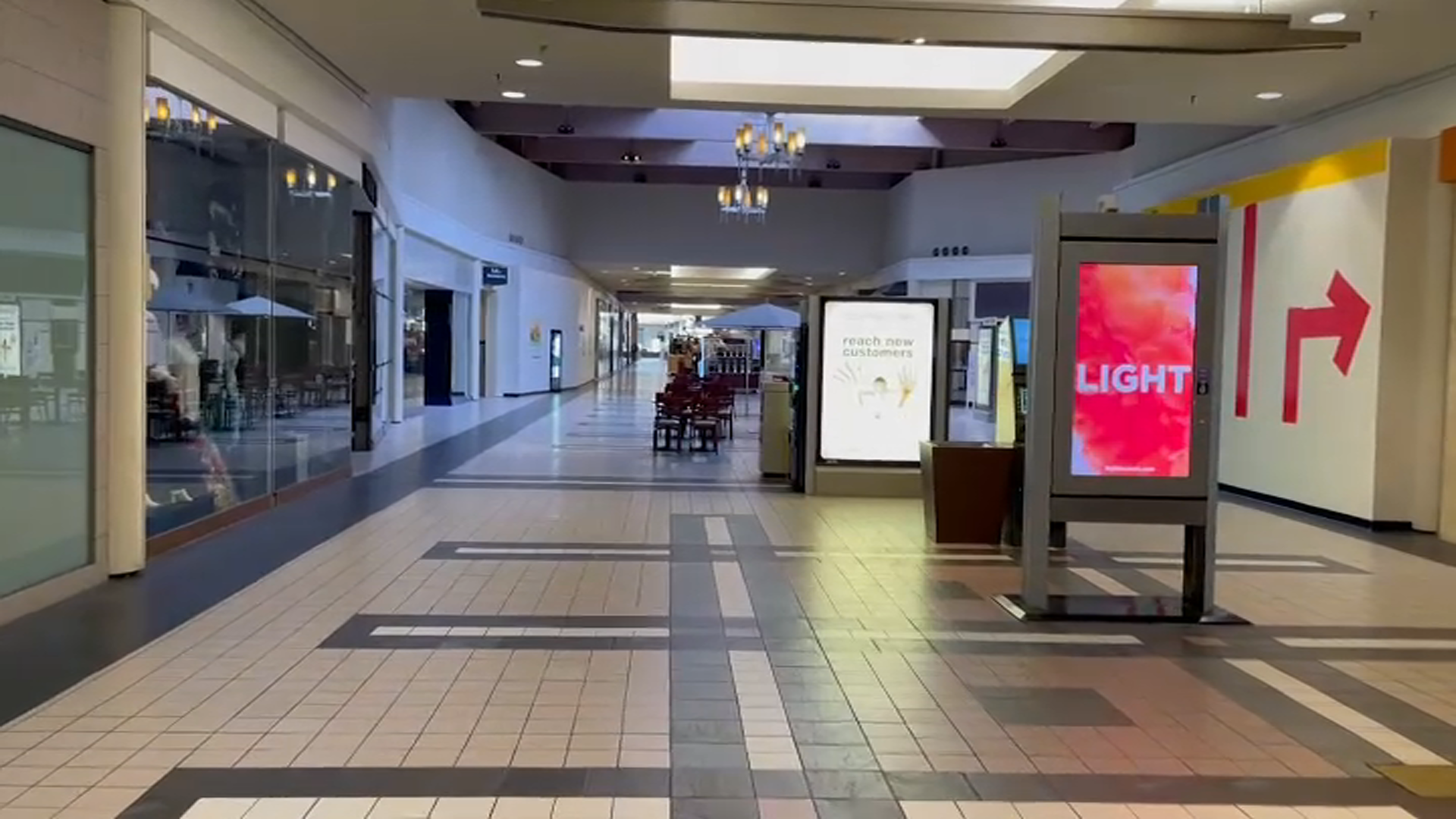In journalism, editors often talk about the “nut graf,” the paragraph that sums up the theme of the entire article.
In Mayor Daley’s 17-minute farewell speech to the City Council -- the most eloquent, human, comprehensible address of his career -- this was the nut graf:
“This is a global city,” the mayor said. “We’re not going to debate about whether we’re competing against New York, Los Angeles, Atlanta. We’re going to be competing against China, India, Brazil, Germany, Indonesia.”
Transforming Chicago from a provincial manufacturing city to a center of international trade was the number one cause of Daley’s 22 years in office. It was the reason he pursued the Olympics so avidly. Holding the world’s biggest sporting event in front of an international TV audience would show the world that Chicago was no longer a city of gangsters and stockyards. When the International Olympic Committee gave the Games to Rio de Janeiro instead, Daley figured he’d taken his globalization project as far as he could, and stepped down.
But Chicago didn’t need the Olympics to validate its status as a global city. The people who need to know -- the international businessmen, the academics, the journalists -- already know. According to the Globalization and World Cities Research Network, we’re an Alpha World City, which is defined as a “very important world city that links major economic regions and states into the world economy.” In the United States, only New York ranks higher. It’s one of two Alpha++ World Cities, along with London.
A few years ago, the Chicago Council on Global Affairs published a book called Global Chicago, that made the same point.
“In few cities is the global transformation more dramatic than Chicago,” wrote contributor Saskia Sassen, a sociology professor at the University of Chicago. “The spearpoint of Chicago business is changing from major corporate headquarters to a network of specialized corporate service firms … Advanced corporate services are thriving and creating jobs and, in the process, raising the demand for professional workers with the kind of talent that commands high salaries.”
Local
These high-salaried workers move into downtown lofts abandoned by manufacturing companies. Sassen saw the same trend in New York and London.
New York Times columnist David Brooks, a U of C graduate, made a similar point when he wrote than no American city has changed more than Chicago in the past 20 years.
Those 20 years, of course, were the Daley years.

Buy this book! Ward Room blogger Edward McClelland's book, Young Mr. Obama: Chicago and the Making of a Black President , is available Amazon. Young Mr. Obama includes reporting on President Obama's earliest days in the Windy City, covering how a presumptuous young man transformed himself into presidential material. Buy it now!



